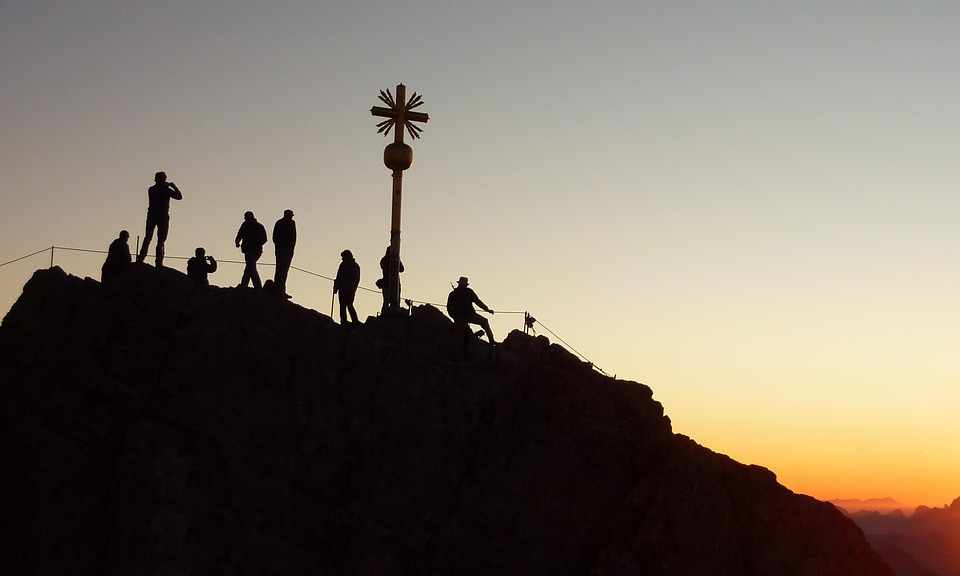In a world filled with challenges and uncertainties, fear can often feel like an insurmountable barrier. However, an increasing number of individuals are discovering that one of the most transformative ways to confront their fears is through rock climbing. This exhilarating sport not only tests physical strength but also fosters mental resilience, self-confidence, and a renewed perspective on life’s challenges.
The Nature of Fear
Fear is a primal emotion that has evolved to protect us from danger. While it serves a critical purpose in our lives, too much fear can hinder personal growth and create a cycle of avoidance. In contrast, climbing thrusts individuals into a space where confronting fear is not optional—it’s essential. As climbers navigate heights, challenging terrains, and the potential for failure, they learn to face their fears head-on.
Facing Heights and the Fear of Falling
One of the most significant fears climbers encounter is the fear of heights, also known as acrophobia. The initial experience of climbing often evokes feelings of anxiety and uncertainty. However, as climbers ascend, they must confront their fears by focusing on techniques, strategies, and physical movements. This immersive experience teaches climbers to trust their abilities and equipment.
The reality of climbing is that falling (or the fear of falling) is a part of the journey. Climbers learn to manage their anxiety by understanding the safety measures in place, such as harnesses, ropes, and the guidance of more experienced climbers. This understanding not only mitigates fear but also builds a sense of security that transcends the climbing wall.
Building Confidence Through Achievement
As climbers challenge themselves, they achieve milestones—be it reaching the top of a route, conquering a difficult climb, or mastering a specific technique. Each accomplishment, no matter how small, serves as a stepping stone toward greater confidence. This newfound self-assurance spills over into other aspects of life, making individuals more willing to take risks and pursue new opportunities.
Moreover, the climbing community provides a support system that encourages individuals to push their limits. The camaraderie and shared experiences of overcoming fears foster a sense of belonging and motivation. The communal aspect of climbing reinforces the idea that you are not alone in your struggles, which can be a powerful antidote to fear.
The Lesson of Resilience
Resilience is the ability to bounce back from setbacks, and climbing is rife with opportunities to grow this essential quality. Every climber has faced failure—be it a slip that results in a fall or a route that proves too difficult. Instead of deterring climbers, these setbacks serve as valuable lessons. They teach the importance of perseverance and adapting one’s approach.
The iterative process of trial and error in climbing mirrors life. It teaches that failure is often a prerequisite for success and that resilience is built through navigating challenges. Climbers learn to approach difficult situations with a growth mindset, fostering the ability to adapt and overcome future obstacles.
Mindfulness and Presence
Climbing requires intense focus and awareness. When scaling a rock face or navigating an indoor wall, climbers must be fully present, immersing themselves in the moment. This practice of mindfulness allows climbers to quiet the noise of doubt and anxiety, redirecting their energy towards the task at hand.
This focus not only benefits climbers during their ascents but also translates into daily life. The skills developed in climbing—concentration, calmness under pressure, and the ability to manage stress—enhance overall well-being and emotional resilience.
Conclusion
Climbing is more than just a physical sport; it’s a pathway to personal empowerment and growth. By confronting fears, building confidence, nurturing resilience, and fostering mindfulness, individuals can transform their relationship with fear. Climbing teaches that fear is not to be avoided but embraced, offering a toolkit for managing life’s uncertainties.
As the climbing community continues to grow, its impact on mental health and personal development becomes increasingly evident. Whether you are a seasoned climber or a curious beginner, the journey of conquering fear through climbing is one that promises profound rewards—both on and off the wall. Embrace the challenge, and let the heights teach you how to rise above your fears.



